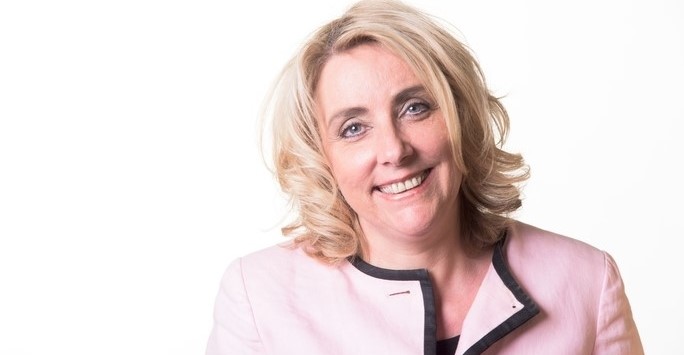Background
Experiences during the last few days of life for families of COVID-19 victims were arduous to say the least. Families were legally separated from their dying relatives while in hospitals and care homes, and many COVID-19 patients died alone. This separation continued after death, with an inability to visit their loved ones in funeral parlours, and severe restrictions to important cultural death and funeral rituals. They were also denied social support due to lockdown.
Research
During June 2021, in-depth narratives of these experiences were collected from 28 people bereaved by COVID-19 who lost 30 relatives. The research spotlights the lived experiences of the implications of decisions made during the pandemic, the consequences of a wide range of further weaknesses in systems and processes, and the ongoing repercussions of being bereaved by COVID-19.
As one of our respondents sums up: “This is a death, that unless you’ve experienced it, it’s like no other death… I don’t think people understand it, you know?”
The research analyses, through the identification of 11 interrelated themes, how COVID-19 bereavement is different.
Impact
The research aims to impact policy and practice for numerous public institutions in the UK (Government, NHS, Local Authorities, Care Providers, regulators, and any other responsible bodies) with regards to pandemic planning.
Working closely with the COVID-19 Bereaved Families for Justice Group, it also aims to contribute to the forthcoming Public UK COVID-19 Inquiry in order to ensure the Inquiry thoroughly investigates, in detail, how fit for purpose the legal, regulatory and policy frameworks were to deal with a pandemic.
The work has already:
- Informed the Terms of Reference for the Inquiry
- Been presented to Gillian Keegan MP, Minister for Care
- Been cited in Cabinet Office questions in the House of Parliament.


Professor Lynn Sudbury-Riley and Dr Benito Giordano
Back to: Management School